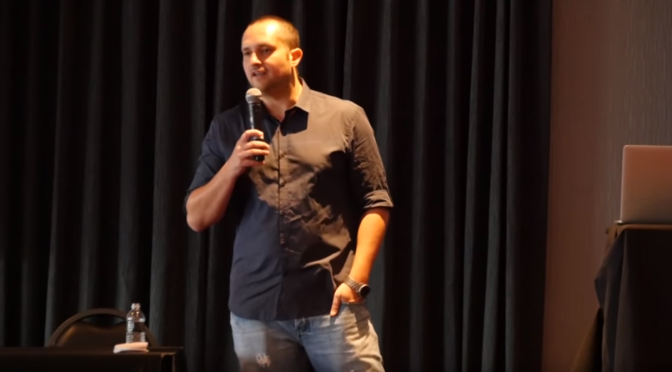A puzzlement about the debate over accepting 10,000 Syrian refugees next year and more in the future is the lack of discussion of a fundamental point: Does Obama have the legal authority to order their admission to the U.S. as a humanitarian measure?
The answer is “no.”
The dictionary definition of a “refugee” is “a person who flees for refuge or safety, especially to a foreign country, as in time of political upheaval, war, etc.”
This definition underlies most of the media discussions of the Syrian situation, with its emphasis on the humanitarian crisis, which is indeed horrendous. The definition also underlies the President’s uncontested authority to provide humanitarian assistance to refugees outside of the United States if he believes that such assistance will “contribute to the foreign policy interests of the United States.” [22 U.S.C. sec 2601(b)(2)] The U.S. has already spent over $4 billion on Syrian relief under this authority.for this purpose.
However, the meaning of “refugee” in U.S. immigration law is narrower than this dictionary definition.
In immigration law, for purposes of admitting someone to the U.S., the crucial factor is whether a person has a legitimate fear of persecution, not whether a humanitarian crisis exists. By statute [8 U.S.C. Sec.1101(42)], a “refugee” is: “any person who is outside any country of such person’s nationality . . . and who is unable or unwilling to return to . . . that country because of persecution or a well-founded fear of persecution on account of race, religion, nationality, membership in a particular social group, or political opinion…”
The statute then stretches this definition to include a person who is within his own country but who has the requisite fear of persecution. But the status of “refugee” can be granted only under “special circumstances” specified by the president. And before determining that special circumstances exist, the president must “consult,” in the form of in-person discussions between cabinet rank officials and members of the House and Senate Judiciary committees concerning all aspects of the situation. No agreement is necessary; just consultation [8 U.S.C. Sec. 1157(e)].
Section 1157 also provides for caps on the number of refugees admitted each year, and for presidential estimates of the likely numbers at the beginning of each year.
Nothing in the stretched definition changes the basic requirement that a refugee be someone who has well-founded fear of persecution.
The current controversy started on September 10, when the administration announced via press briefing a plan to admit 10,000 Syrian refugees next year. The next step was a formal Presidential Determination on refugee levels for FY2016, which projected admission of 85,000 total. The word “Syria” does not appear in the Determination, and the goal of resettling 10,000 Syrians appears only in news reports and briefings, such as a WhiteHouse.gov memo by DHS on How We’re Welcoming Syrian Refugees While Ensuring Our Safety.
Neither the press briefing nor the Presidential Determination nor the DHS memo mentions the statutory criterion of fear of persecution, and it is unclear why 10,000 Syrians will meet the standard. The State Department’s Report to Congress reviewing the section 1157(e) factors and explaining the reasoning behind the estimates does not explain why Syrian refugees meet the criterion.
Read Full Article – http://www.forbes.com/sites/jvdelong/2015/11/19/syria-who-is-a-refugee/







